They Can See Us
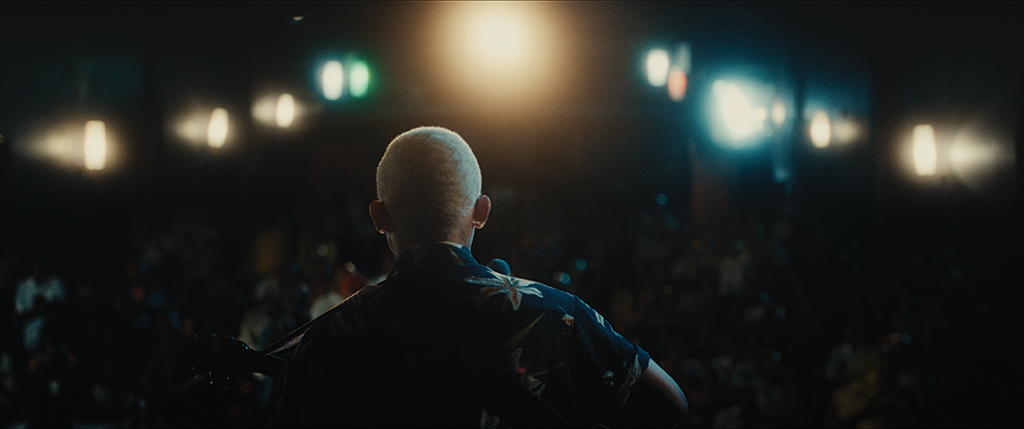
While considered a fledgling industry, Zambia’s film scene has, over the past three decades, demonstrated a remarkable capacity for visual storytelling, and the industry is not short of films to boast about, including I am Not a Witch, Maria Kristu: the Buumba Story, Mwansa The Great, Black Dollar, and now adding to the list is the acclaimed Can You See Us. The touching narrative revolves around a young boy living with albinism. Director Kenny ‘Roc’ Mumba’s debut has set a national record, becoming the first Zambian film to feature on Netflix’s Top 10 lists in Nigeria and South Africa in its first week of release on the streaming platform. It joins Rungano Nyoni’s I am Not a Witch as the second film by a Zambian filmmaker on Netflix.
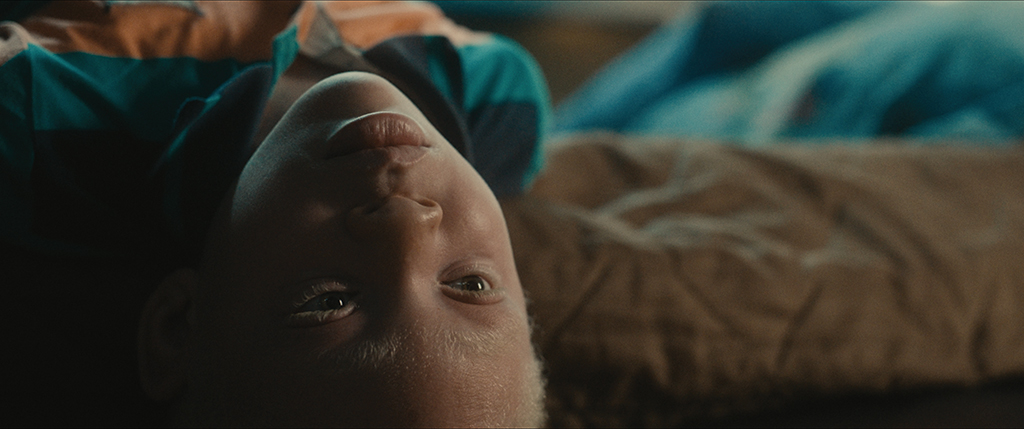
To those well acquainted with the Zambian film industry, Kenny ‘Roc’ Mumba is not a newcomer on the scene. He is a longtime filmmaker whose work directing music videos and TV commercials has garnered him acclaim in Zambia and across Africa. He has had the privilege of lending his creativity to some of the continent’s most prominent artists and brands.
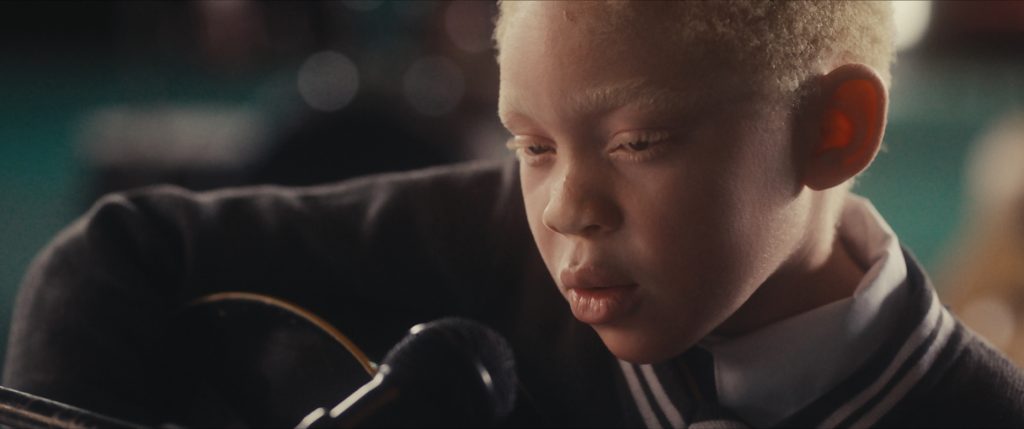
Kenny began his career at 17, first experimenting with different cameras. He began honing his craft and building his knowledge as a filmmaker while networking and collaborating to break into the industry. This ambition and hunger for creativity led to the co-founding of his then-company, GroundXero. He made his mark directing and shooting TV commercials and music videos for various artists while nurturing a dream to direct a full-length feature one day.
The road to Kenny’s first feature film began when the writer and executive producer of the film, Lawrence R.J Thompson, veteran filmmaker and creator of Zambia’s first-ever soap opera, Kabanana, approached producer Yasmin Dodia-Mumba with a script. The script was called Mwabi, Can They See Us?, and it came with a condition: Kenny had to be the one to direct it. Upon reading the script, Yasmin, deeply moved by the story, presented it to Kenny, convincing him to read it and accept the project.

Can You See Us, a film inspired by the real life of Zambian musician and humanitarian John Chiti, who is living with albinism, takes the audience on the emotional journey of a young man living with albinism in a society steeped in superstition that is unaccepting of people who are deemed “different”. The film has been described as a powerful and poignant film by film critics and viewers alike, with a consensus of “a moving film that elicits an emotional, teary response” from viewers across the platform. Today, John Chiti is a household name in Zambia’s gospel music scene and the winner of a Zambia Ngoma Award for Upcoming Artist. He is an active member of the Zambian police force and advocates for other individuals living with albinism.
Reflecting on his first feature film, Kenny shared, “I never thought I would be able to tell such an emotional, sentimental story with the sensitivity it requires,” citing that with his gravitation towards action blockbusters, he had imagined his first feature film taking a different direction. However, Yasmin’s conviction that this story was worth telling led him to read the script and embrace the project. Yasmin’s eye for riveting scripts and Lawrence’s courage to take the risk of sharing John Chiti’s life story on the big screen allowed Kenny to depart from his commercial work, showcasing his ability to handle sensitive material with care and humility and allowing fans of his work to experience multiple facets of his storytelling ability.
Kenny emphasises the importance of storytelling: “As long as you tell an interesting story, people will be interested; these are the types of stories that resonate with people.” Despite its strong reception on Netflix, Can You See Us lacked a platform for an extended period. It premiered in Zambia in October 2022. Kenny recalls, “The period between filming and completing the editing process was quite lengthy,” providing a detailed overview of the film’s outcome post-production.
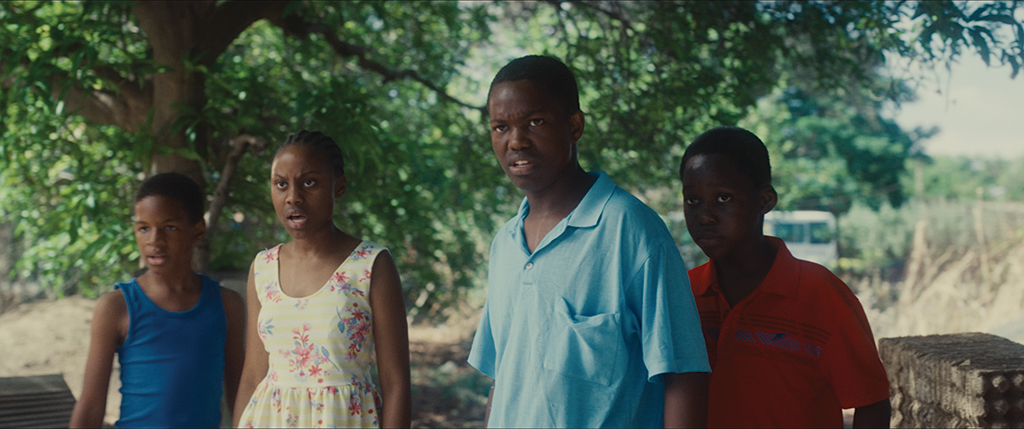
“The premiere served primarily as an opportunity to show the film to our cast and crew, as no one had seen it since their involvement in its production. However, instead of restricting the event to those who directly worked on the film, we opted to turn it into a public event. We even extended an invitation to the head of state, who was gracious enough to accept and attend the event, transforming it into a televised nationwide event.” This was an exhilarating experience. However, the excitement soon died down, and the movie became another file on a hard drive.
Making a feature-length film is a momentous task that adds to the challenges that movies only have a life as long as they have a platform. Even after its local premiere, Can You See Us continued to lack a platform, despite efforts by Kenny and his team to submit the film to Netflix and finally give it a home. A year elapsed with no word from the streaming giant, and Kenny and the team began to lose hope. Ironically, Kenny directed a commercial promoting one of Netflix’s most successful original shows, The Queen’s Gambit, to a Kenyan audience. Still, it seemed his partnership with the world’s largest streaming company may have ended.
The commercial, aptly named H-Town Gambit, garnered international acclaim and the commercial was nominated and won a Bronze Loerie Award at the Cape Town event. The Loeries is the premier award that recognises creative excellence in the advertising and brand communication industries in Africa and the Middle East. As if signalling the beginning of great things, the next day, the long-anticipated email from Netflix expressing their interest in securing Can You See Us for their platform arrived in his inbox and transformed the director’s world; the rest continues to make history.
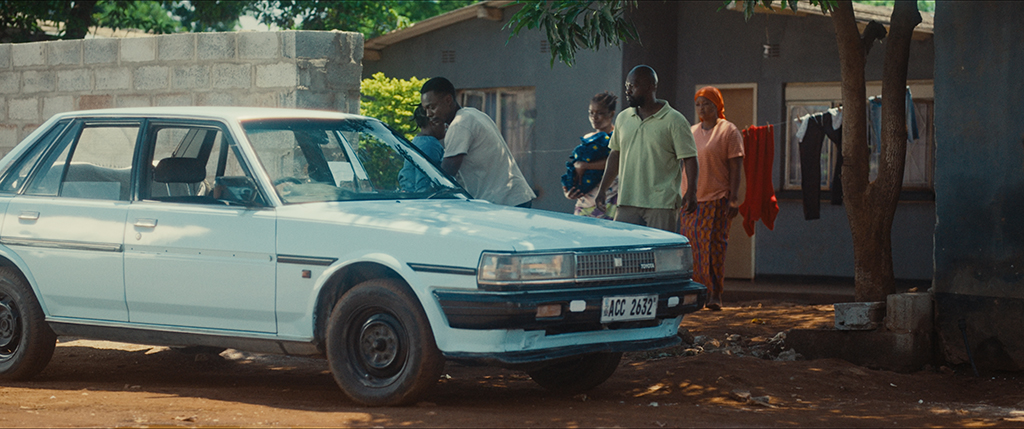
Kenny acknowledges that while he is grateful that years of hard work have paid off and Can You See Us can finally be enjoyed by the rest of the world, Kenny believes the recognition of Zambian talent on the global stage has been a long time coming as the country has and continues to be a melting pot of creativity and talent in all disciplines. Now more than ever, he emphasises, Zambia needs film schools to nurture the talents of both existing and emerging filmmakers if Zambia is to continue to contribute to the global conversation through the medium of film. “As a collective, we need to push the envelope further and adopt a culture of collaboration to lend our voices to the global conversation,” Kenny shares. “We need financiers, bigger budgets, the courage to share riskier stories, and proper distribution channels for our films – this will give Zambians the edge to compete with the rest of the world.”
The world is finally waking up to see Zambia’s talent. This has been appreciated in sub-Saharan Africa, where it has dominated with TV productions like Mpali and Zuba, which have won both accolades and the hearts of many in the SADC region. The potential of what the Zambian film industry can produce and share with the world is endless; this is exemplified by productions like Can You See Us and Malenga Mulendema’s Super Team 4 series, the country’s first animated series on Netflix, which debuted on the platform in July of 2023, garnering an international viewership and recognition.
There is no doubt that Zambian filmmakers, creatives, and producers are currently setting their sights on the global stage, as evidenced by the quality of productions they deliver to international audiences. Considering the Zambian industry’s ability to churn out quality content on bootstrapped budgets, often led by self-taught filmmakers, one can only imagine the remarkable projects the local film industry could achieve with the appropriate infrastructure and support from the global community.
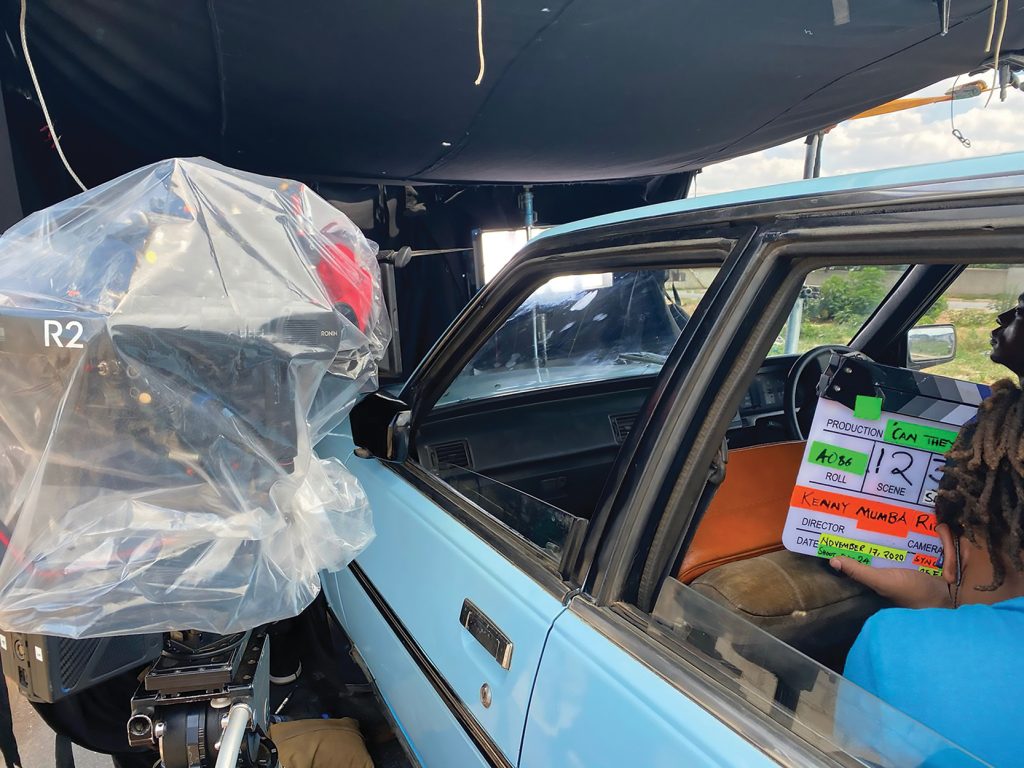
With Can You See Us marking a significant milestone on Netflix, Kenny ‘Roc’ Mumba’s compassionate storytelling has unveiled a new dimension of his talent. The film’s success on the global stage emphasizes the need for continued support and collaboration within the Zambian film community to push its creative potential onto the international scene. With that said, Zambia ku chalo, they can finally see us.



